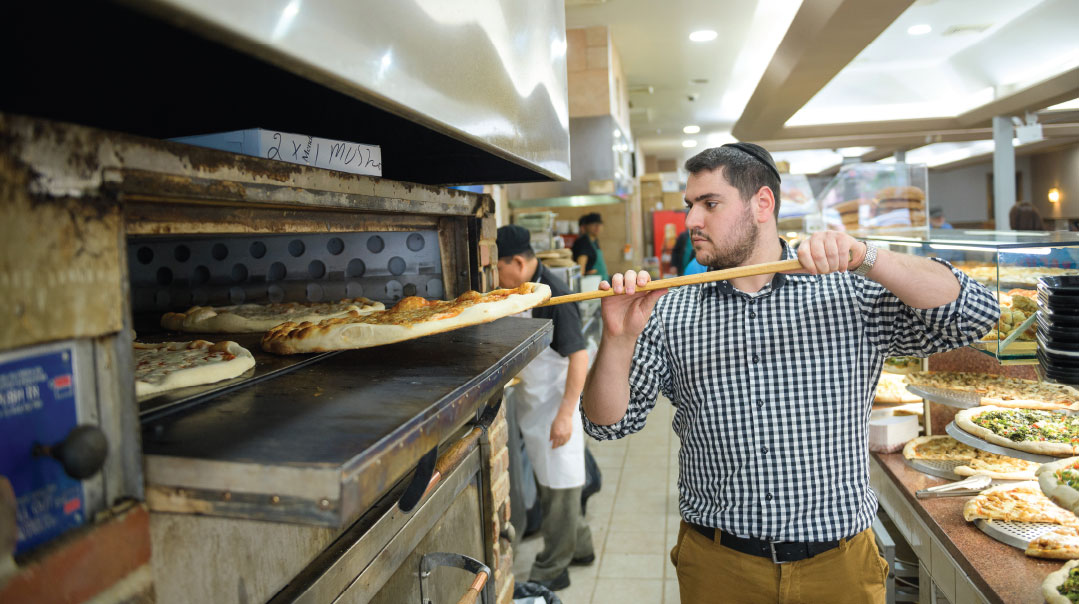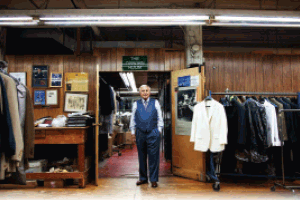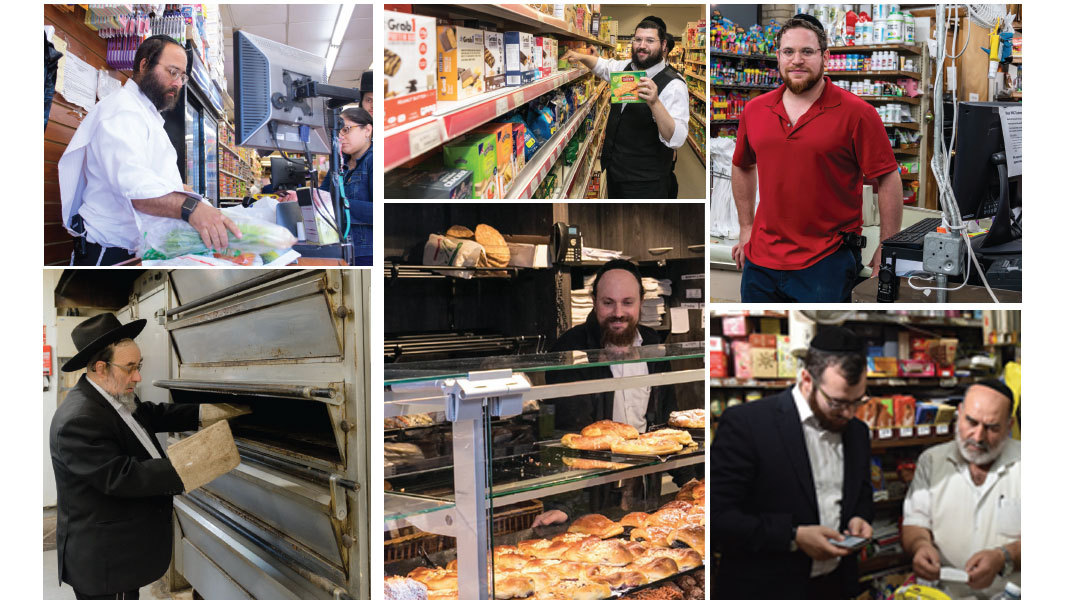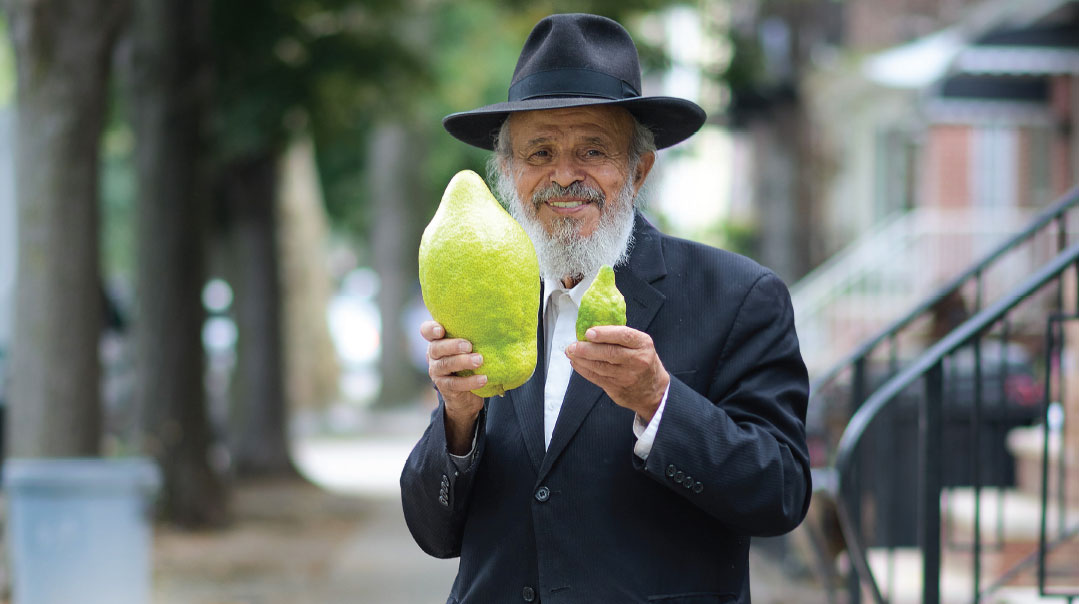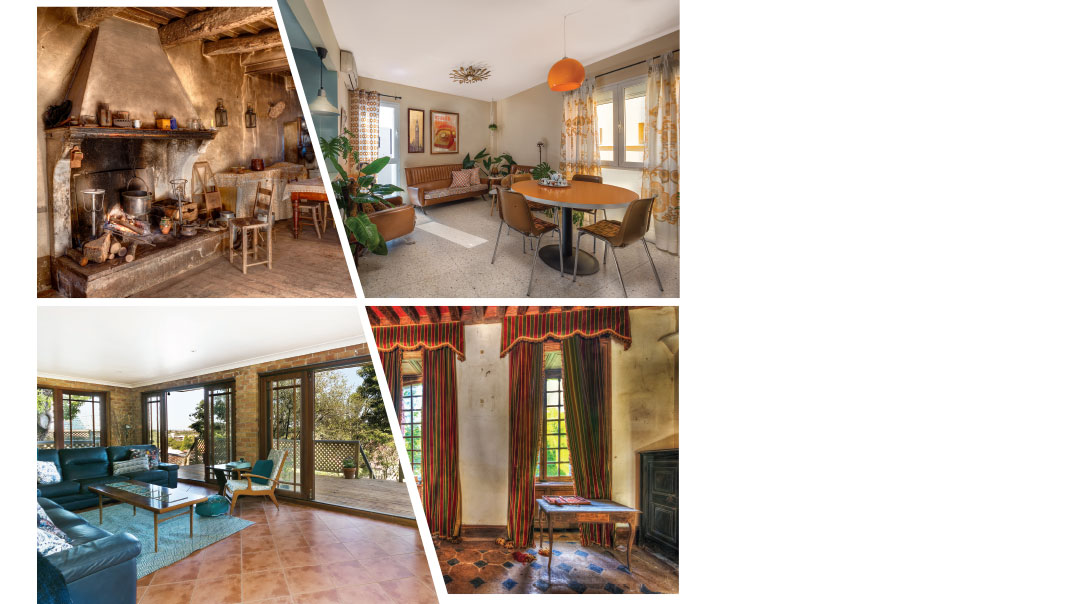Make It Personal, Make It Shine

If you really want your simchah to stand out, make it personal: let it reflect your gratitude to Hashem and joy in the occasion.

Tips From Zevi Seidenfeld, Ceo Of Brandscape
I
run a company that produces ground-breaking corporate, nonprofit, and private events. For every event I produce — be it corporate or private — I have a single goal: to create a memorable experience for the participants.
When baking a cake, every ingredient is important for a successful final product. Likewise, a great event or simchah is the culmination of many elements and details all coming together to build the ultimate experience.
The way I see it, a simchah’s not just about marking a milestone. It’s also an incredible opportunity to express gratitude to Hashem and to share that joy with close family and friends.
That’s why the most important ingredient in creating a memorable simchah is infusing it with a neshamah — with a sense of meaning. I know it’s hard. People are so afraid of being unique, different, and personal. That’s why so many simchahs are templated; every event looks exactly the same as the past ten simchahs. But when the baal simchah radiates and infuses the entire event with this attitude and feel, that’s what transforms it from ordinary to memorable. So if you really want your simchah to stand out, make it personal: let it reflect your gratitude to Hashem and joy in the occasion.
How can you give a simchah that sort of touch? Let your personality and feelings of joy shine through. At some weddings the minhag is to have someone speak under the chuppah — I’ve been present at some speeches that were really moving and meaningful because they were about the chassan and kallah; they were personal. Another idea: my wife’s family is very musical. At every simchah they produce a CD with songs that they composed and sang. It can be done.
But when there’s no heart, and baalei simchah pour money into covering that up with various effects, it’s hollow. Invest your heart and have the courage to stamp your simchah with your personality.
So what can you cut, and what has to stay?
Here are areas that are less important to spend on:
1. Drop the Vort
The vort is generally a waste of money. It’s unnecessary to spend tens of thousands of dollars on a reception at which people come in briefly to wish mazel tov and quickly leave.
2. Trim the Trimmings
I love design, creativity, and beautiful things. Nevertheless, while some flowers are needed at a wedding, it’s unnecessary to spend a lot of money on flowers to make your simchah special. Fancy rented tablecloths, chairs, and furniture are also unnecessary.
3. Skip Those Bars
I also see an open bar as an unnecessary expense. No one except the bochurim and a few guests will care if there isn’t unlimited alcohol. You need a few bottles at the chassan tish, of course, and a bottle or two at each table during the dinner, but you don’t need the expense of bar-tenders and a whole array of drinks, mixes, and garnishes.
And here are some tips and tricks for the more important elements that will highlight the simchah.
4. Light up the Night
The one “ingredient” that will have the greatest impact on your event it is the lighting. Lighting influences the ambience, atmosphere, and entire feel of the room. Lighting makes a world of a difference; it can transform a sterile room into an inspired experience. And it does not need to be costly. Place uplighting or mood-lighting around the perimeter of the room and against the columns and set it to a warm and elegant color like amber, dim the house lights of the hall, and you’ve literally changed the tone of the entire space. Uplights can even be purchased relatively cheaply online.
Another powerful lighting element is candles. You can buy them at different heights and sizes, and use them liberally as centerpieces. There’s no such thing as too many candles. Along with uplighting, they add tremendous class, sparkle, and elegance. The whole room glitters, and suddenly, your local hall feels different, and the chasunah doesn’t feel the same as the last ten chasunahs you were at. And they’re not expensive.
5. Be My Guest
It’s important for baalei simchah to realize that as a host, it’s your responsibility to ensure that all your guests feel welcome and are taken care of. As such, while the menu doesn’t have to include many varieties and choices of items, it does have to be fresh and plentiful. To me, when a guest comes during the last ten minutes of the smorgasbord and there’s nothing left to eat — that’s not right. It’s disrespectful to your guests.
Likewise, every guest (who RSVP’d, of course!) not only needs to have a place to sit, but there should be someone dedicated to helping guests find their table numbers and ensuring every guest is taken care of. This can be a close friend or other family member who’s armed with a table seating list/chart.
I know this may seem difficult to some baalei simchah. But remember, if the host radiates a sense of being overwhelmed, anxious, and a bundle of nerves, how do you think the guests will feel? It is important that the host exudes a sense of calm and genuine joy toward each person who took the time to participate and share in their simchah. You need to treat them as you would treat guests in your own home. This no-cost attitude can make all the difference in your guest’s experience.
Remember, the main thing is the experience: once you’ve finished checking off your list, and you’ve taken care of all the details of the event, go for the fourth dimension. Find your penimiyus, that personalized element that makes this simchah special, and let it shine through.
It’s free and it will make all the difference in the world.
Mazel tov, and don’t forget to enjoy your simchah
(Originally featured in Mishpacha, Issue 773)
Oops! We could not locate your form.







